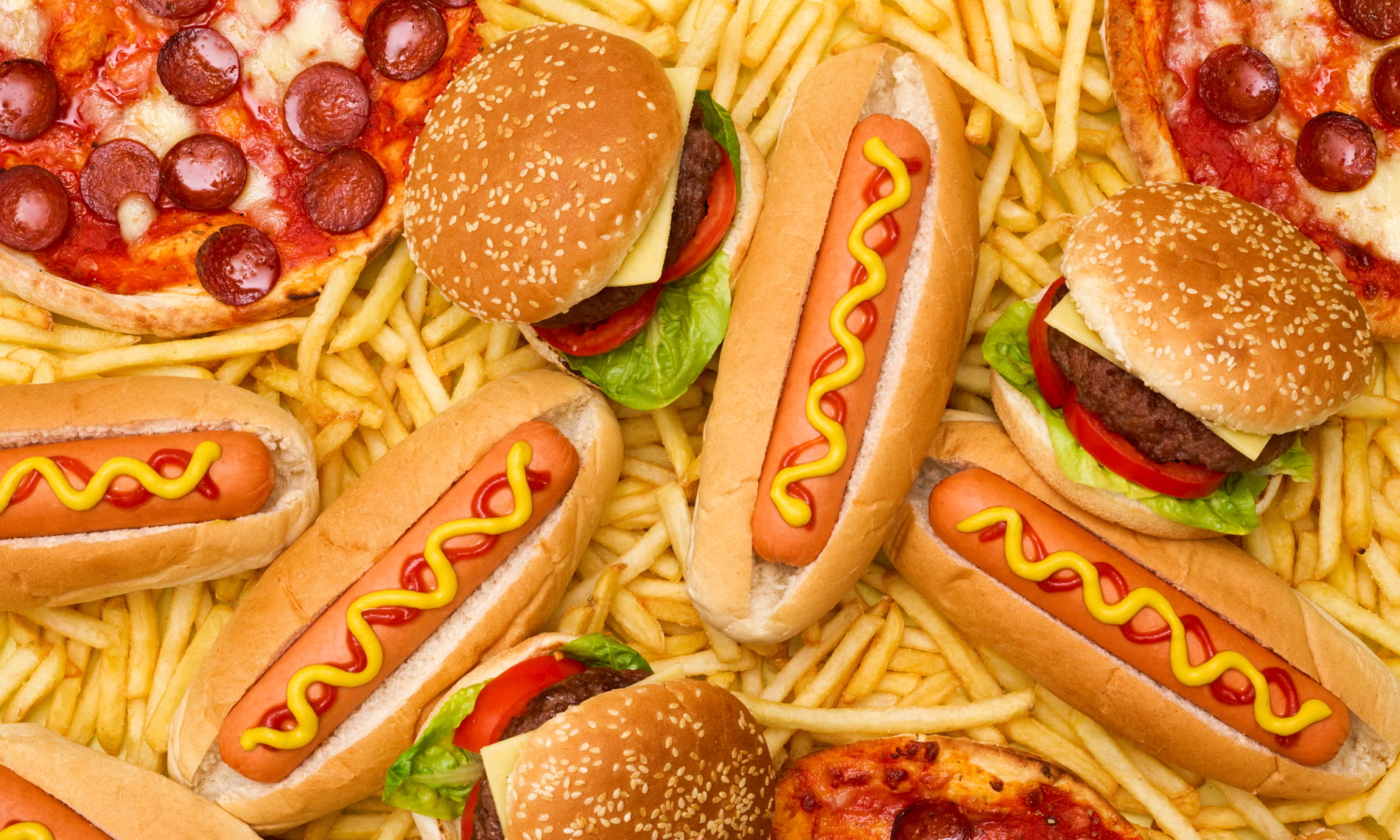The man who warned us about UPFs: Michael Pollan on his 25-year fight with the food industry

By Zoe WIlliams, June 6th, 2024
His Oscar-nominated 2008 documentary Food, Inc exposed the horrors of industrial agriculture in the US. Now, a sequel shows that the corporate behemoths have no intention of loosening their grip
In the middle of Food, Inc 2 – the follow-up documentary to 2008’s Food, Inc, narrated by Michael Pollan and Eric Schlosser – scientists share what they have recently discovered about ultra-processed foods (UPFs). They are not just bad for you in a trashy, empty-calories kind of way; they interfere with the brain and the body’s ability to process food; they mess with you on a cellular level. Whole populations are seeing health deteriorate, profoundly, for no purpose beyond profit. It must be annoying, I suggest to Pollan, 69, to hear scientists deliver this as a discovery. He been warning against processed food for decades.
Pollan’s mantra – “Eat food, not too much, mostly plants” – was immortalised in his 2008 book In Defence of Food. By then, he was already an oracle of the genesis, meaning and production of what we eat, thanks to The Botany of Desire (2001) and The Omnivore’s Dilemma (2006). His other memorable phrase from that time was: “Don’t eat anything your great-grandmother wouldn’t recognize as food.”
His cultural impact, in the US and far beyond, was immense. It wasn’t just these nutritional fundamentals, but his entire modus operandi. He would follow a foodstuff from its birth, or germination, to the point where it hit your mouth in the most intricate detail. He took apart Bismarck’s apocryphal line about laws being like sausages. Maybe you do want to see them being made. Maybe, in the long term, you will end up with better sausages.
He has also written about psychedelics, in 2018’s How to Change Your Mind, which in 2022 became a Netflix documentary series that took a wild dive into MDMA, LSD, psilocybin and mescaline. Today, he is a nonfiction professor at Harvard and a science and environmental journalism professor at the University of California, Berkeley. But, above all that, he is Mr. Food.
Read the full article here at The Guardian.